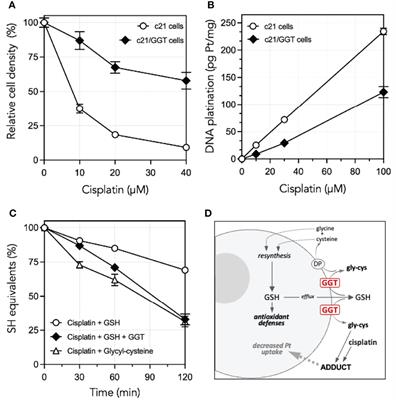EDITORIAL
Published on 15 Aug 2023
Editorial: Redox metabolism: a double edge sword sustaining the adaptive resistance to therapy in cancer
doi 10.3389/fonc.2023.1260233
- 843 views
4,790
Total downloads
19k
Total views and downloads
You will be redirected to our submission process.
EDITORIAL
Published on 15 Aug 2023
ORIGINAL RESEARCH
Published on 18 Jul 2023
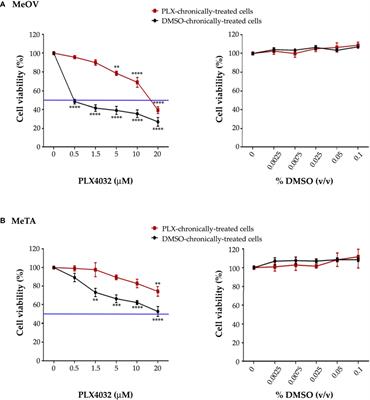
REVIEW
Published on 29 May 2023
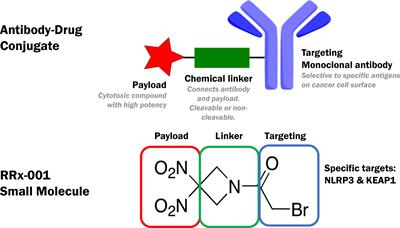
REVIEW
Published on 19 Jan 2023
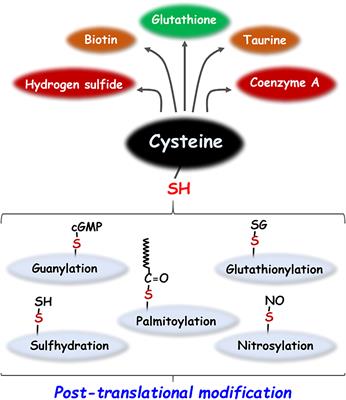
ORIGINAL RESEARCH
Published on 04 Jan 2023
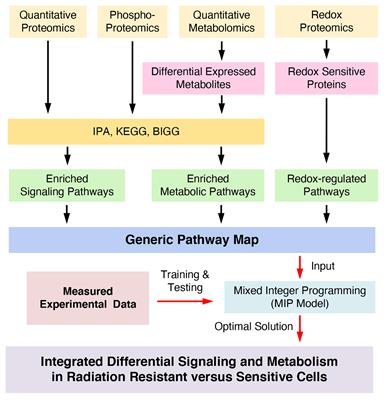
ORIGINAL RESEARCH
Published on 08 Jul 2022

PERSPECTIVE
Published on 20 May 2022
